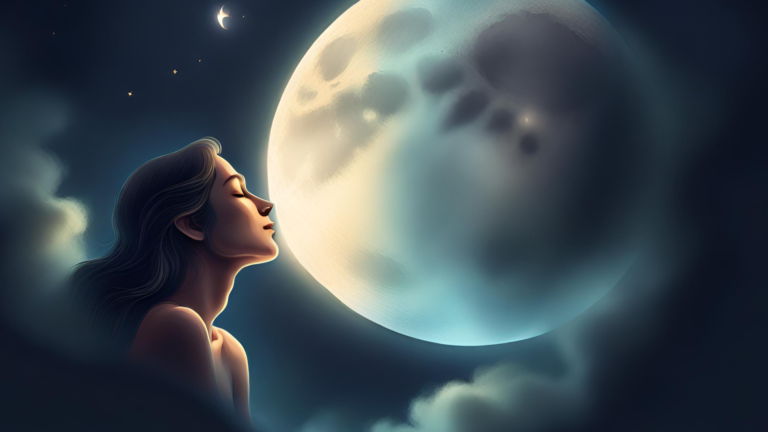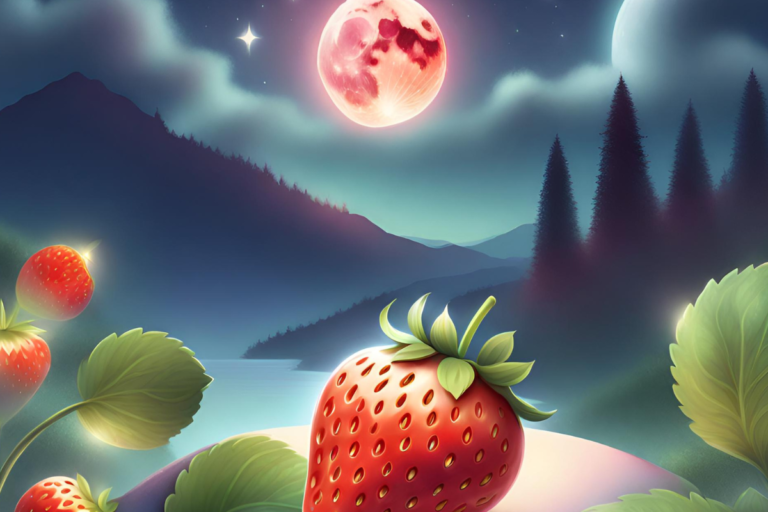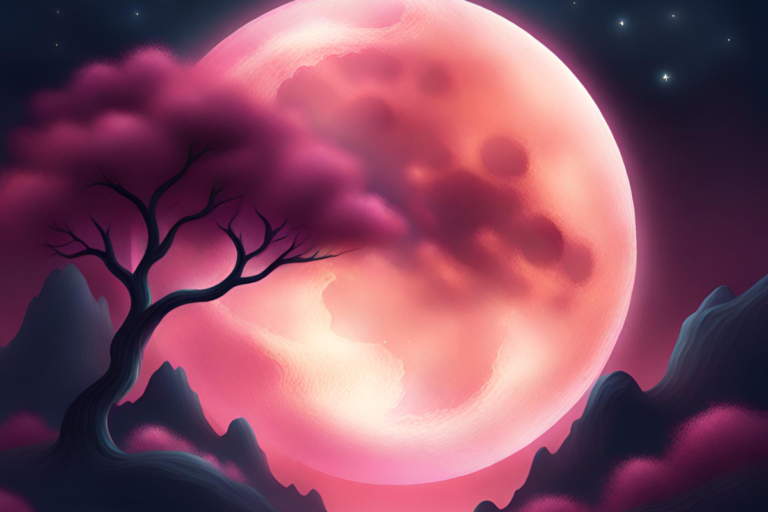The moon, with its enigmatic presence, has captivated human imagination since time immemorial.
Its influence is believed to extend beyond the tides and into the very fabric of human biology, particularly our patterns of sleep.
In this exploration, we delve into the scientific inquiries surrounding the moon’s phases and their potential effects on our nocturnal repose.
The Lunar Sleep Cycle
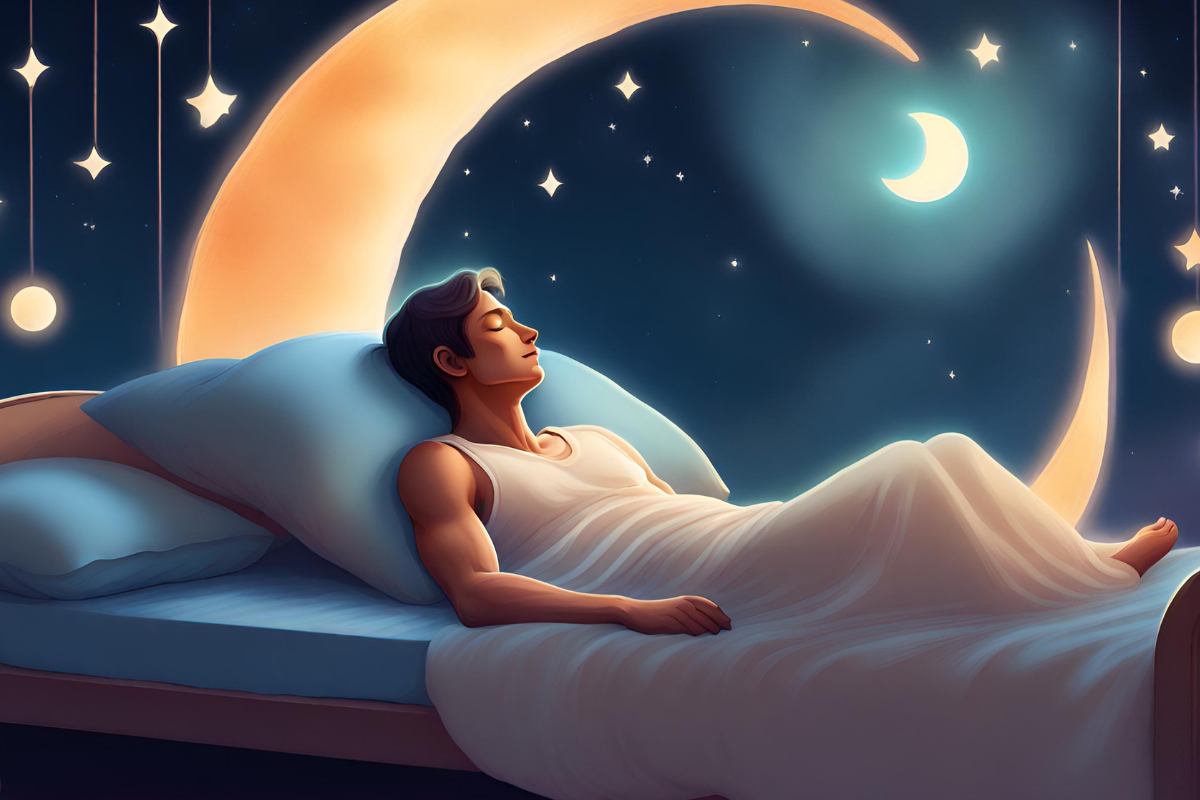
The notion that the lunar cycle might affect human sleep is not new. Folklore and anecdotal accounts have long reported changes in sleep quality during different phases of the moon, with the full moon often singled out as a time of restlessness and insomnia.
Research Findings
Sleep Latency
Investigations into sleep latency, the time it takes to fall asleep, have uncovered that some individuals experience longer onset times during the full moon, suggesting a sensitivity to the increased luminosity or gravitational changes.
Sleep Duration
Concurrently, studies indicate that the duration of sleep may be truncated during the full moon phase, with individuals reporting fewer hours of rest.
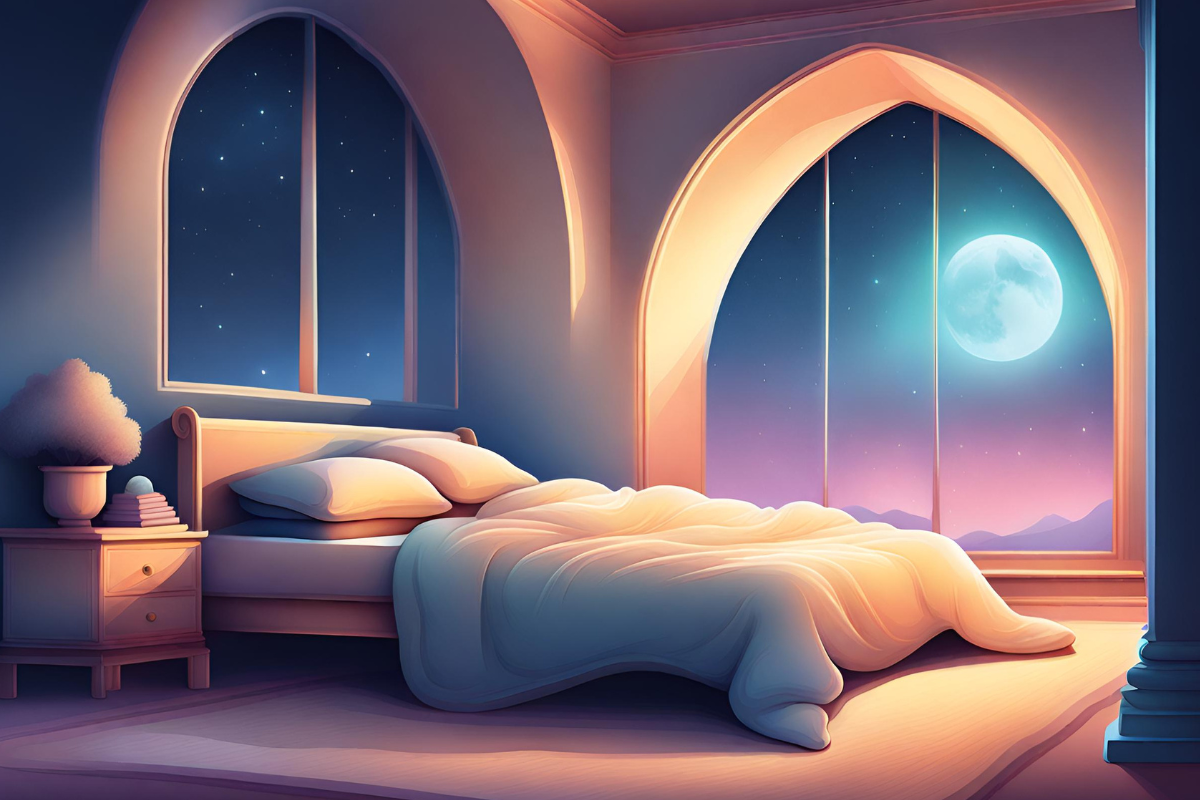
Sleep Architecture
The architecture of sleep, encompassing the cyclical pattern of REM (Rapid Eye Movement) and non-REM stages, has been observed to undergo subtle shifts in alignment with the lunar cycle, hinting at a deeper biological resonance with the moon’s rhythms.
Circadian Rhythms and Lunar Light
The circadian rhythms, our internal biological clock that dictates sleep-wake cycles, are primarily entrained by the diurnal pattern of sunlight. Yet, the luminescence of a full moon’s night has the potential to perturb this delicate balance, casting a glow that may disrupt sleep.
Lunar Illumination and Sleep Quality
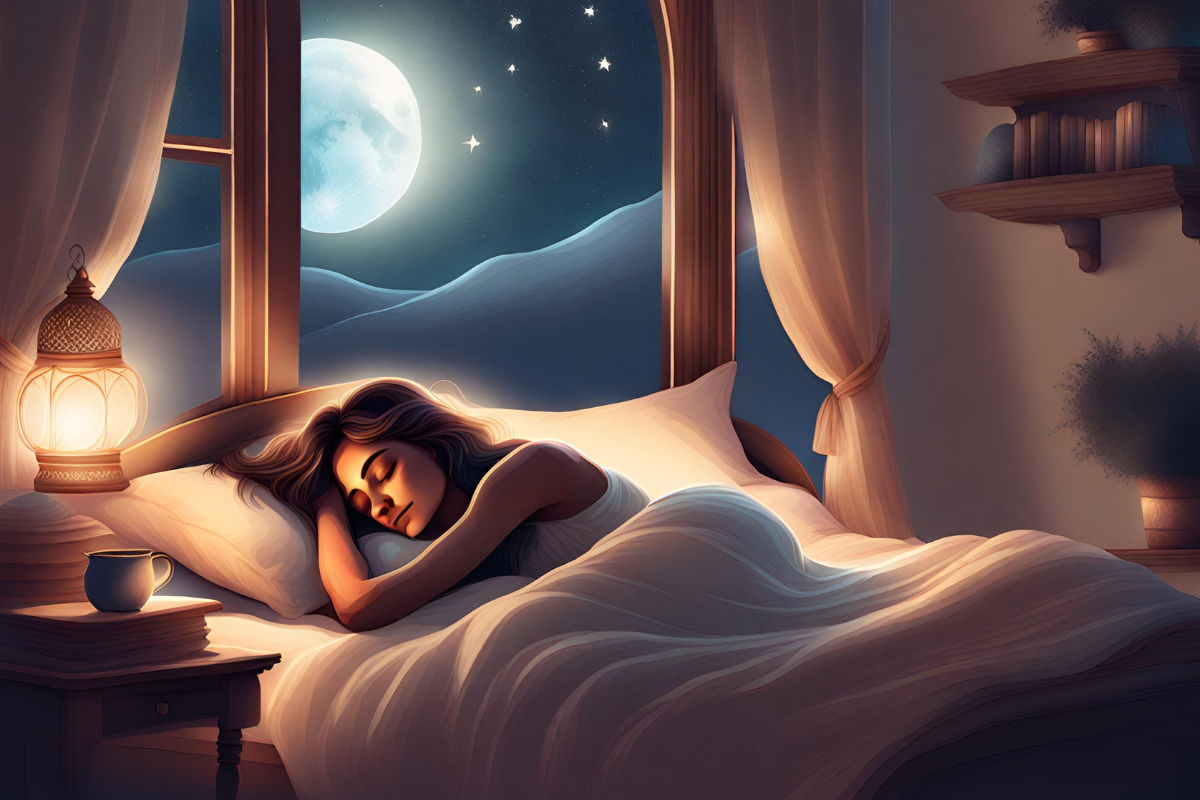
The intensity of moonlight during the full moon phase can penetrate urban light pollution and even filter through curtains, possibly affecting the depth and restfulness of sleep. The interplay of natural and artificial light during this phase presents a unique environment for sleep studies.
Cultural and Psychological Factors
Beyond the empirical data, cultural narratives and psychological expectations surrounding the full moon often color personal experiences of sleep. The pervasive mythos of the full moon’s influence may prime individuals to expect and thus perceive changes in their sleep patterns.
Scientific Skepticism and Ongoing Research
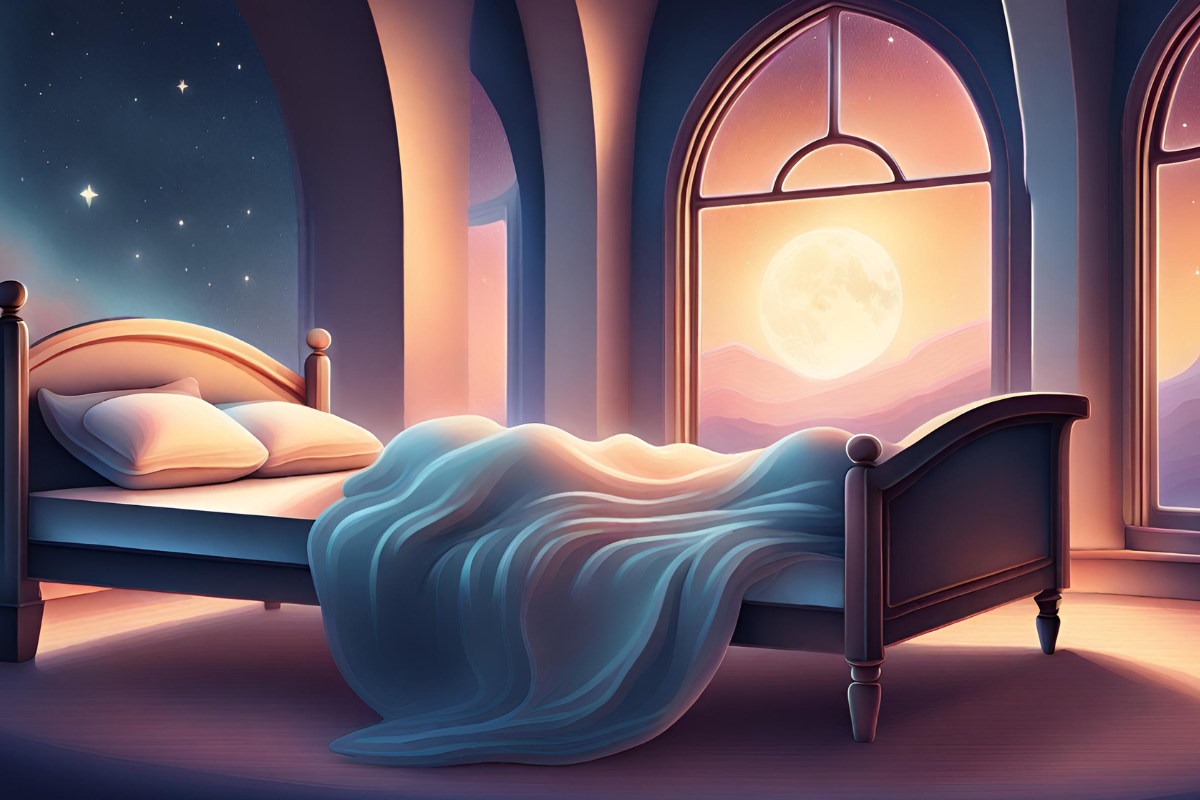
While the body of research grows, the scientific community maintains a healthy skepticism. The complexities of sleep are influenced by a multitude of factors, making it challenging to isolate the moon’s impact definitively. Ongoing studies aim to unravel the intricate web of variables that govern our sleep.
Conclusion
The interconnection between the moon’s phases and human sleep remains an enigmatic chapter in the annals of chronobiology.
As scientific scrutiny continues to shed light on this celestial puzzle, the moon’s phases stand as a testament to the enduring human quest to understand the natural world and our place within it.
Whether by the light of a full moon or the darkness of a new moon, the pursuit of knowledge about our sleep patterns continues, as does the moon’s silent orbit, a perennial witness to the cycles of life on Earth.

